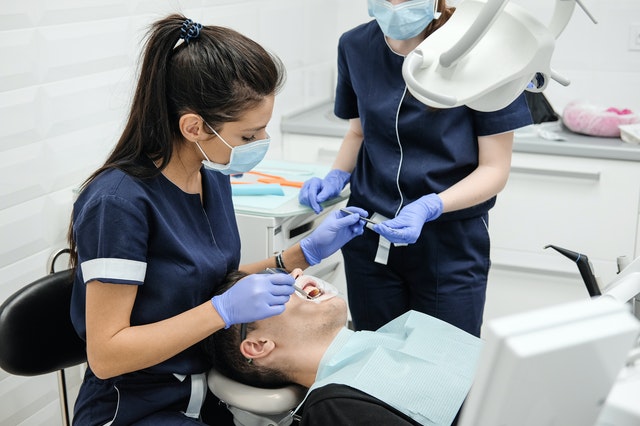1. Understanding the Basics of Wisdom Teeth Removal
Wisdom teeth removal is a common dental procedure, especially among young adults in Mulgrave. These teeth, also known as third molars, often emerge during the late teens or early twenties.
In many cases, they can cause overcrowding, misalignment, or even become impacted, leading to pain and infection. Understanding the basics of this procedure is the first step towards a speedy and comfortable recovery.
2. Preparing for the Procedure: What to Expect
Preparation is key. Before your appointment, it’s important to discuss any health concerns with your dentist or oral surgeon. You’ll likely be advised to avoid eating or drinking before the surgery, depending on the type of anaesthesia used.
Also, arranging for someone to drive you home post-procedure is essential, as you’ll be recovering from the effects of sedation.
3. Post-Surgery Care: The First 24 Hours
The first day after wisdom teeth removal in Mulgrave is crucial for recovery. It’s normal to experience some pain and swelling. To manage this, apply ice packs on your cheeks and take the prescribed pain medications.
Rest is important, so avoid strenuous activities and keep your head elevated to reduce swelling. Also, stick to a diet of soft foods and liquids to avoid irritation.
4. Maintaining Oral Hygiene
Maintaining oral hygiene post-surgery is vital for preventing infection. However, be gentle around the surgery site. Avoid vigorous rinsing or spitting for the first 24 hours to prevent dislodging the blood clots that form in the tooth sockets. After this period, gently rinse your mouth with warm salt water several times a day, especially after meals.
5. Managing Pain and Swelling Effectively
Pain and swelling are common after wisdom teeth removal. Over-the-counter pain relievers can be effective, but follow your dentist’s advice regarding medication. Swelling typically peaks around the second day and then gradually diminishes. Continue using ice packs and switch to moist heat if recommended by your dentist.
6. What to Eat and Avoid
Diet plays a crucial role in recovery. Stick to soft, easily chewable foods like yoghurt, pudding, and soup. Gradually reintroduce solid foods as your comfort allows. Avoid hard, crunchy, or sticky foods that could irritate the surgery site. Also, stay clear of hot beverages and alcohol as they can hinder the healing process.
7. Knowing When to Seek Help
While some discomfort is normal, be aware of signs that warrant contacting your dentist. These include excessive bleeding, severe pain not alleviated by medication, or signs of infection like fever and pus around the surgery site. Timely intervention can prevent complications.
Recovery and Beyond: Embracing a Healthy Dental Routine
Recovery from wisdom teeth removal is generally smooth with proper care. This experience often serves as a reminder of the importance of dental health. Regular check-ups, good oral hygiene practices, and a balanced diet contribute to overall dental well-being.
Additionally, understanding the importance of regular dental check-ups can prevent future dental issues and maintain your oral health. In Mulgrave, there are many resources available to help you maintain a healthy smile for years to come.
In conclusion, wisdom teeth removal is a routine procedure, but it requires careful preparation and follow-up for a smooth recovery. By understanding what to expect, diligently following post-surgery care instructions, and maintaining good oral hygiene, you can ensure a quick and comfortable recovery.
